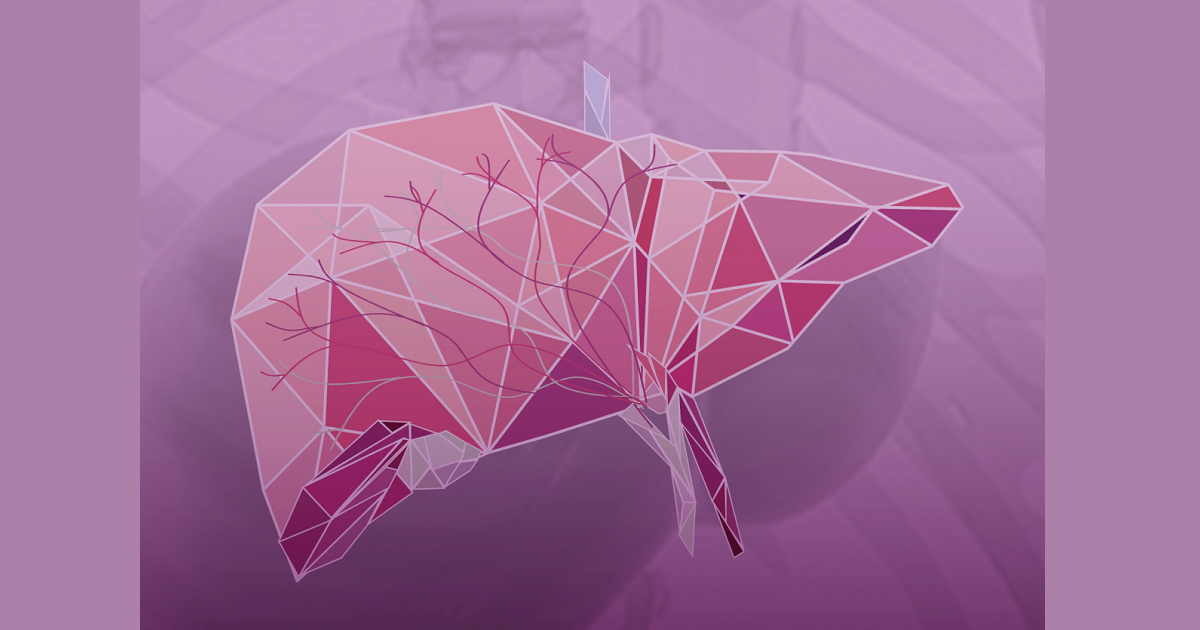Sterile Inflammation in Solid Organ Transplantation
Topic Information
Dear Colleagues,
Sterile inflammation (SI) has been associated with certain disease states, such as the increased tissue damage that results from ischemia associated with myocardial infarction, stroke and ischemia reperfusion (IRI) associated with organ transplantation (heart, lung, liver, pancreas, kidney and small intestine); also including the related adaptive and autoimmune responses. The life-saving benefits of organ transplantation can be thwarted by allograft dysfunction due to SI involved in the complex process of organ transplantation (organ recovery, graft preservation and machine perfusion strategies and then graft implant and revascularization) that limits the transplantation outcome, in which SI is contributing to ongoing cellular injury in transplanted organs (heart, lung, liver, pancreas, small intestine and kidney) leading to a “pleiade” of cell signalling cascades in graft transplant, with subsequent detrimental short- and long-term outcomes. Although the vicious cycle of sterile inflammation and cellular injury is remarkably consistent amongst different organs, the underlying mechanisms are poorly understood and need to be explored in depth to prevent the sterile inflammation associated with organ transplantation, including the recognition of antioxidant mechanisms and thus, mitigating IRI-induced graft damage to prevent attention being paid to allograft dysfunction. This Topic calls on the relevance of the sterile inflammation processes in IRI associated with organ transplantation and adaptive and innate immunity responses for establishing new protective strategies in clinical transplantation for the most suitable outcome and for rescuing sub-optimal organs to increase donor pool.
Prof. Dr. Jerzy W. Kupiec-Weglinski
Prof. Dr. Joan Roselló-Catafau
Prof. Dr. René Adam
Dr. Teresa Carbonell Camós
Dr. Arnau Panisello-Roselló
Topic Editors
Keywords
- sterile inflammation
- ischemia and reperfusion injury in organ transplantation
- inflammasomes
- DAMPS
- cytokines
- nitric oxide
- oxidative and endoplasmic reticulum stress
- mitochondrial markers (complexes I, II, III, ALDH2, UCP, UCP2)
- autophagy and cell death and apoptosis
- ferropoptosis and necropoptosis
- ischemia-reperfusion injury and organ transplantation (heart, liver, lung, pancreas, kidney, small intestine)
- ischemia-reperfusion injury prevention and therapeutic strategies (preconditioning and post conditioning)
- adaptative and innate immunity responses
- graft static preservation and machine perfusion (hypothermic and normothermic and markers: Krebs cycle, mitochondrial markers, AMP kinases, glycocalyx)
- antioxidants and therapeutic strategies
